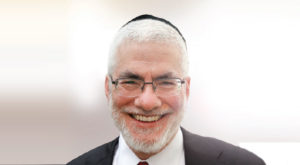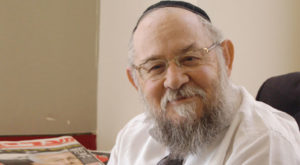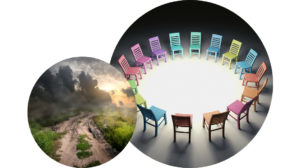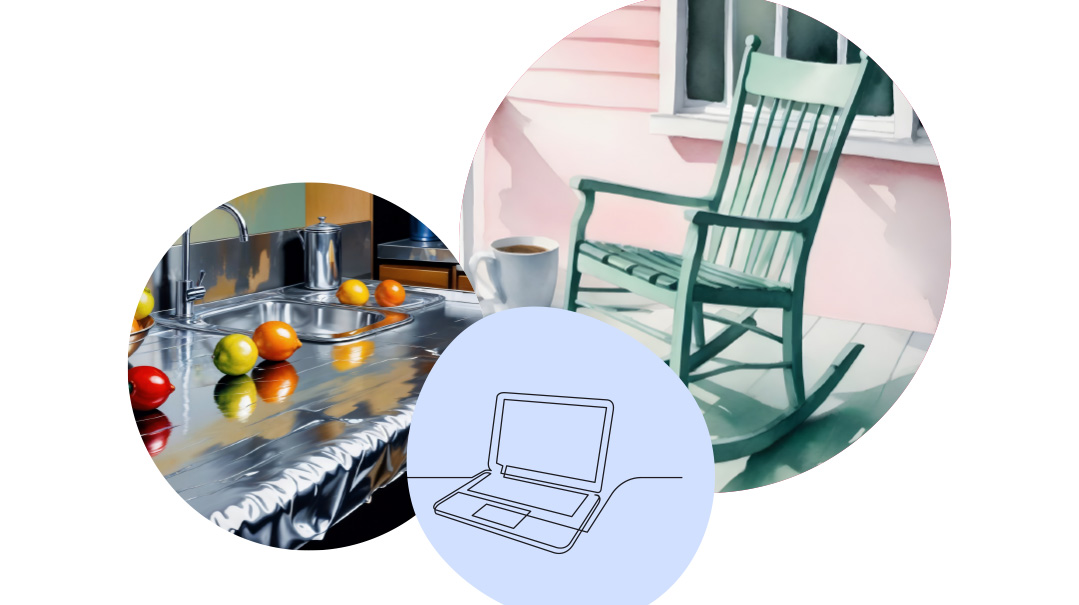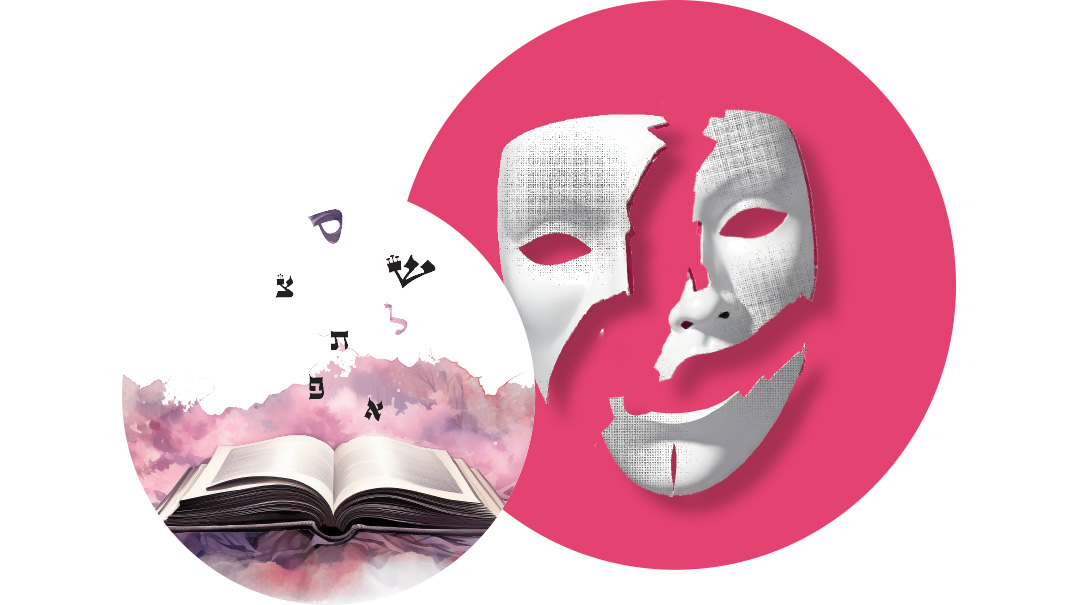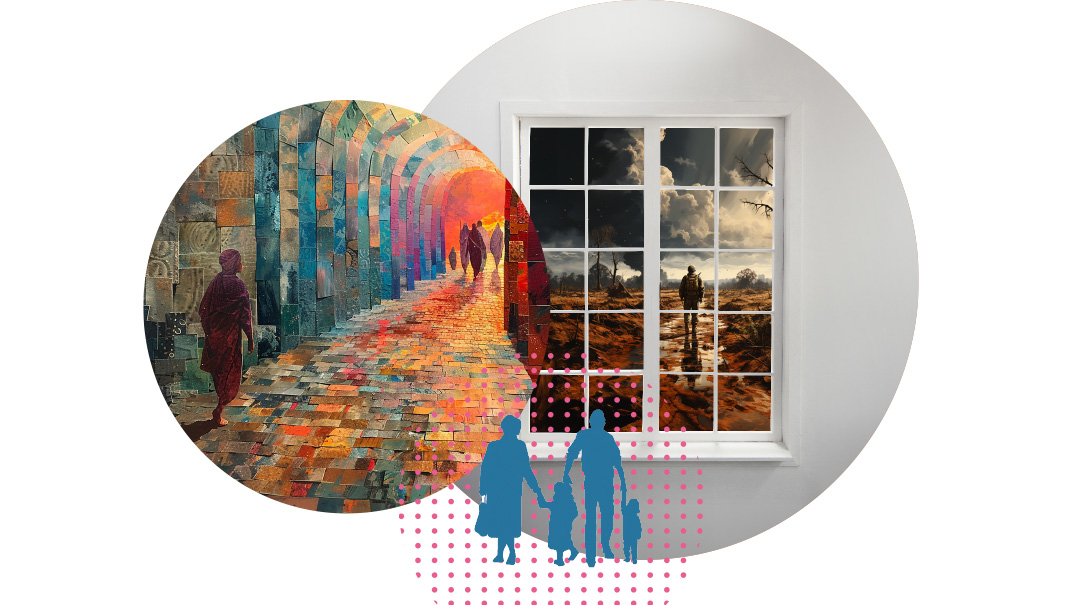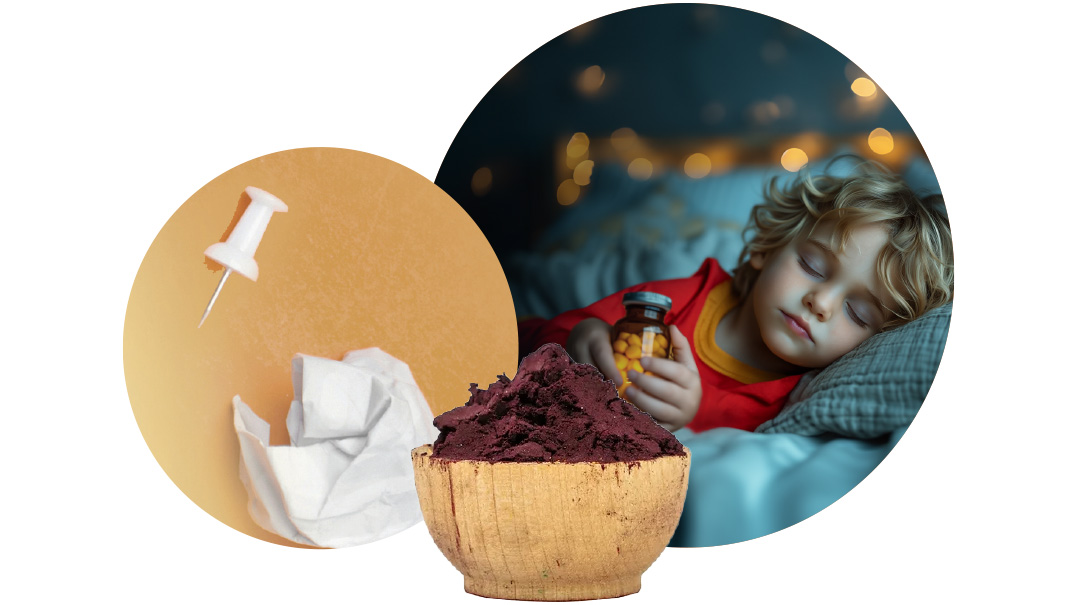Family First Inbox: Issue 753

"Share information sparingly on an as-needed basis, but do not waste one ounce of your much-needed energy trying to keep your diagnosis secret"
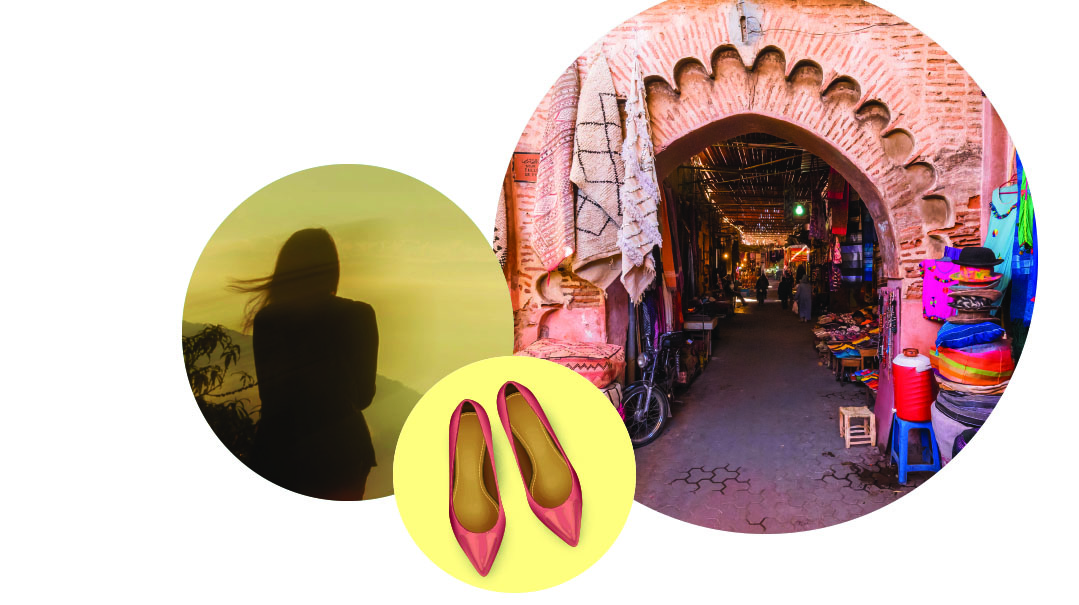
Fond Memories [Kitchen Encounters / Issue 751]
Barbara Bensoussan’s article about bonding with her mother-in-law over cooking brought back memories for me. I did not know how to cook, but when I got engaged, my mother z”l endeavored to teach me the Yiddishe basics we had always relied on her to prepare for our small family. We spent many hours perfecting chicken soup with matzah balls and a number of Shabbos classics such as roast chicken with carrots and potatoes or brisket with sauce. I remember when I dropped the entire dinner on the floor one Friday afternoon as a newlywed and thought it was the greatest tragedy that had ever occurred.
I also gained much cooking acumen from my mother-in-law, who will b’ezras Hashem be 100 in September. She was a survivor who lived a number of years behind the Iron Curtain, where her three sons were born. She complimented my chicken soup as being much more flavorful than hers, because having always been on a strict budget, she did not have that much chicken in her soups. Then there was dessert. She made cakes and named them after each of her daughters-in-law, according to what they loved. My Clarisse cake was a mocha roll, creamy on the inside and outside.
Barbara Bensoussan writes that when her mother-in-law was older and would come to her, they would continue cooking and sharing knowledge about their backgrounds. Unfortunately, as my mother experienced the onset of Alzheimer’s, her cooking became less frequent and poor. My mother-in-law also began to send over fewer and fewer items for us every Shabbos as she grew older. Our weekly Thursday night dinners diminished and then disappeared. These changes made me sad but Mrs. Bensoussan’s article brought back fond memories of happier times.
Clarisse Schlesinger
Los Angeles
Strengthened by Your Story [At a Loss / Issue 751]
Thank you, Miriam Ribiat, for writing your story. It resonated deeply with me — not because I had multiple losses in my family, as you did, but because I was zocheh to be chosen by Hashem to have had multiple challenges.
I baruch Hashem am doing well — therapy, Torah classes, and deep connections with mentors and a rabbi have all helped me grow into the person I am today.
I love the me of today. I’ve become the current me not in spite of my challenges, but because of them. I hate it when acquaintances tell me how nebach I am. That I suffered so much, how can I go on? I cringe when friends remark that I’m holy. I know that this too is a challenge tailor-made for me by Hashem. I need to learn to deal with those who “don’t get me” in a kind and loving way. I use the relationships of those that truly understand to help me. I then gather energy for other relationships.
Your story strengthened me. It strengthened my emunah in us as women. It strengthened my belief in us as a People.
We are strong. Our emunah is steadfast. Our connection to Hashem is deep.
With Love and Appreciation,
Surie
Know Your History [Words Unspoken / Issue 750]
Dear “Ma,”
I’m so, so sorry to hear about your diagnosis. I wish you didn’t have to go through this, but I am sending you a refuah sheleimah b’karov. And please G-d, I hope this is all behind you soon.
As hard as it was for you to share your diagnosis with your children, I want to applaud you for doing so. As one who works in cancer genetics in a New Jersey hospital, I spend my every work day discussing my patients’ family histories. In cancer genetics, we assess an individual’s personal and family history to determine whether he/she meets guidelines for genetic testing. The purpose of testing is to find out if there may be a mutation in the family that is causing an increased risk for cancer (for example, a BRCA1 or APC mutation). With this knowledge, patients can opt for more vigilant screening or potentially make choices to reduce the risk for cancer. Ashkenazi Jewish ancestry alone is a risk factor for certain mutations.
Many patients might have negative testing results, but because of a strong family history of cancer, these patients may be eligible for more frequent screenings. It is so important to be aware of your family history so that you can take the best care of yourself.
So “Ma,” on behalf of your children, thank you for sharing.
Erica Kessler
A Survivor’s Wisdom [Words Unspoken / Issue 750]
Dear “Ma” from Words Unspoken,
I can’t stop thinking about you and your letter telling your children about your cancer diagnosis. Your love and concern for your children clearly dictates all that you do, and I commend you for always putting their welfare first.
As a survivor who is baruch Hashem several years ahead of you on this journey that you did not choose, I’d like to share a few insights.
First of all, there’s no such thing as “good cancer,” although the healthcare community will try telling you how fortunate you are. With Hashem’s help, you will make it to the other side. Yet at this moment, your world has been shattered. You are not lucky, and the word cancer cannot possibly be uttered in concert with any positive adjectives! This is not what you chose. It is “unfair,” but you will survive — and thrive.
In order to do so, you’ll need to become a taker. We do not choose to become takers, but this is the current role that has been assigned to you and I urge you to play the part with grace. You will need to lean on and “take” from the compassionate medical personnel who serve as Hashem’s messengers to heal you, from your spouse who will move heaven and earth to facilitate your healing, from a few select strong friends — the ones who do not question or pity you but rather stand ready to assist you on this journey (you will weed out the ones who can pretty quickly, mark my words) — and from your children, whom you wish to shield. Unfortunately, there will be friends and family whose tactless words and pitying tears render them useless — but you will find that your real “people,” including your children, are so much stronger than you ever imagined. And one day in the future, im yirtzeh Hashem, you will again be a “giver” and pay it forward.
I beg of you: Share information sparingly on an as-needed basis, but do not waste one ounce of your much-needed energy trying to keep your diagnosis secret. Secrets have negative connotations, and expending energy to maintain a secret will exhaust all of you. Hakadosh Baruch Hu decreed that you should have a tumor at this time. This is not a failure on your part. You have every right to maintain your dignity and to be a person who is so much greater than the cancer invading her cells, but I found that “naming the elephant in the room” was much easier than dancing around it.
While your husband is your rock, be mindful of the weight that is placed on him, so he does not collapse. Enlist your dearest friends, children, or hired help; whatever it takes to maintain your sense of self. Ask your sheitelmacher if she’ll do your wigs off your head and send her assistant to pick them up and drop them off, get someone to come polish your nails… do whatever it takes to maintain your dignity and independence. Your husband is carrying his deepest unspoken fears in the recesses of his heart, and will take his cues from you. Do let him assist you in navigating your healthcare, but delegate the day-to-day tasks to others.
As for your children, you can choose to involve them in the treatment protocol or not. You can choose whether they see you fully made up, or at your most vulnerable moments — but do not overly shield them. You raised them; they are by far for more resilient than you credit them. If you project positivity, they will emerge from this challenge unscarred — and better, more compassionate people.
Here’s what I can tell you with the wisdom earned of my painful, but growth-filled, experience:
With Hakadosh Baruch Hu’s help, you will thrive, and you will survive. The road may be circuitous — and will not be easy. There will be good days and there will be harsh days. There will be tears and despair… yet there will be wins and hugs from Hashem as you go along. Continue to say the Ani Maamins each day, particularly on the more challenging ones. I will not sugarcoat the pain and physical challenges, but I can reassure you that with Hashem’s help you will emerge healthy, strong, and with renewed appreciation for every moment lived.
Chizki V’imtzi, dear friend!
A Fellow Cancer Survivor
What’s In a Name? [The Name Game / Issue 750]
As I read “The Name Game” I chuckled out loud. While I completely understood the author’s dilemma, I have the opposite thoughts on what I’d like to be called when I have grandchildren.
Yes, it’s true, when I was a child, I probably did think my grandparents looked older (when you’re five, even 15-year-olds are “old”!). However, they were always young at heart, and I have the most wonderful memories of my Babby and Zaidy.
My grandmother was loved by all her grandchildren and great-grandchildren. She was the best! So, I can’t wait to be called Babby! If I can be even a quarter of the grandmother she was, oh how lucky my future grandchildren will be.
And I’m even willing to sound ancient... but I do hope to keep all my teeth!
A Granddaughter Who Misses Her Amazing Babby Very Much
Safta’s Legacy [The Name Game / Issue 750]
I can totally relate to Miriam Klein Adelman’s article on finding a grandmotherly moniker. As I surveyed friends in the same club, they all waxed quite eloquent about their pursuit of the “right” name. One friend said his wife checked out 15 languages as to how they say Grandma. She finally decided on Lola. When I asked which language that was, she said it was Tagalog!
Since my husband decided on Zeidy, I went along and was to be Bubby. That lasted one whole day! Watching me hold my new grandson, my daughter shook her head and said, “I don’t know from Bubbies, my memories are of Safta.” That was my mother, Rochel Bas Chava a”h, who was niftar before my grandson was born and was a quintessential loving Safta. So I proudly and gingerly stepped into my mother’s legacy as a new Safta.
May we all be zocheh to many doros — no matter what we are called!
Safta
Why Wait? [Still Growing / Issue 750]
I really enjoyed the article “Still Growing” by Malkie Schulman, about women turning to Torah learning after their children grow, especially the quotes from a mentor of mine, Mrs. Esther Wein.
However, I don’t feel that women need to wait until after their children are raised to grow in their avodas Hashem, yiras Shamayim, deveikus b’Hashem, emunah, tefillah, and middos. I currently facilitate a sourced-based chaburah in Ramat Beit Shemesh, where women learn to grow in their personal avodas Hashem through their parenting and relationships with their children. I am also currently in the process of writing a book on the topic. The premise of my upcoming book and course is that everything we experience and do in life is for the purpose of personal growth, connecting to, and knowing Hashem — and of course the years of parenting are given to us to do just that!
I believe that if a woman begins her mothering life with this mindset, and if she uses every encounter with her children to grow and develop herself, this will naturally carry over to a continued mindset of development after her children are grown.
Tzippy Leichter
Ramat Beit Shemesh, Israel
Is Infertility Always All-Encompassing? [Inbox / Issue 750]
I’m responding to the letter writer who said that infertility is probably the hardest nisayon a person can face, and telling others to have rachmanus. Thank you for your sympathy. Really, I’m not being sarcastic. Once upon a time that was all I wanted.
But I’d just like to share a perspective I rarely or probably never have seen.
I’m infertile. We’re hoping to start treatments soon, though it will take several miracles for us to have a baby. But it’s still the everyday challenges that get me down on a day-to-day basis. My tiring and demanding job. Stress over studies. A misunderstanding with my husband. Or even too many dishes in the sink and cooking for Shabbos feels overwhelming.
Maybe it’s because I’ve known about my infertility since I was 16. Maybe because we haven’t started treatments yet. Or maybe because these “major challenges” — which are major, don’t get me wrong — are not so all encompassing for everyone, as you might think. Is it just me? If yes, I apologize to anyone who feels I’ve minimized their struggle. But if not, is there anyone out there who feels the same way?
And for the record, I prefer people not to treat me with kid gloves, to talk about their kids (I work in a gan) and share their “regular life challenges.”
May we all see yeshuos soon.
Hadassah
Israel
First Look at Yourself [Inbox / Issue 749]
Dear TG,
I’m replying to your Inbox letter about the “ironic trend” you’ve noticed — how the more time your friend the mechaneches gives to her seminary students, the less patience she has for her own kids.
So there’s this serial story, it’s about an eim habayis and blurred boundaries and trouble. It’s a good story, with a good message. And if you’d like, you can learn something from it, maybe even improve yourself?
So you read this story. And you decide that your neighbor/friend/cousin is just that person. And you decide to write a letter. You write about a teacher who is so devoted to her students, yet barks at her kids in the park.
Now, let me ask you, have you ever barked at your kid in the park? Or at home behind closed doors? No? Never? Then you better get a job at Madame Tussauds, because you aren’t human.
Now one teacher, or two, or ten, open up the newspaper, read your letter, and find themselves judged. Now they are doubting themselves every time they talk to their students, students who are crying out for help. Maybe I’m getting over-involved? Maybe I’m neglecting my children? Maybe there are judging eyes all around me, and I have to stop caring about my students in public?
You know what? When you have kids who need help, please tell their teachers to stay home and do arts-and-crafts with their darling kinderlach instead of staying behind for those extra few moments to help your child.
And please, next time before penning a letter, think carefully. Am I doing harm or good?
Name Withheld
Thoughts of a Camp Wife [Camp Wives / Issue 749]
I read the article “Camp Wives” in my bungalow right across from the ChaverimBoyz day camp my husband runs in the Catskills.
His day camp is located on the property of some wonderful boys camps so I get to experience life in a boys camp. While the day camp has been operating for 11 years, it took me nine years to get up here. I used to stay home with the kids and my husband would join us for Shabbosim. (Literally for Shabbos — 4 p.m. Friday to 5 a.m. Sunday.) At the time, it worked best that way since my kids were young and had great programs at home.
It never crossed my mind to hold him back because as others stated: camp is a soul thing.
I grew up in Monsey without the whole bungalow life and so I have no affinity for it. I needed to create survival kits of sorts to ensure I don’t turn into a martyr or become a kvetch. For me, this means escaping back home once in two weeks both for work but also because it allows me to hit the reset button. Like we joke in the family: I go home to inhale all the toxins, listen to the honking until I get my fill. One summer, I made a bucket list with places I wanted to visit or things I wanted to do upstate. Once a week I plowed through the list visiting fruit farms, picking flowers, making my way to a pottery-making class... it gave my summer so much life.
I hear from women in boys camps who feel lonely and stuck. I find so much of how we feel is dependent on what we choose to make of a situation. We can stay stuck or come up with creative methods to feel unstuck.
Lastly, while I have nothing to do with the camp, it is our shared pride and I made it my business to visit when there is anything major going on because it allows me to watch this unbelievable place and take a step back to appreciate what we have built. Taking pride in whatever position your camp-loving spouse is in is just another way to spark some summer joy.
Sarah Rivkah Kohn
(Originally featured in Family First, Issue 753)
Oops! We could not locate your form.


